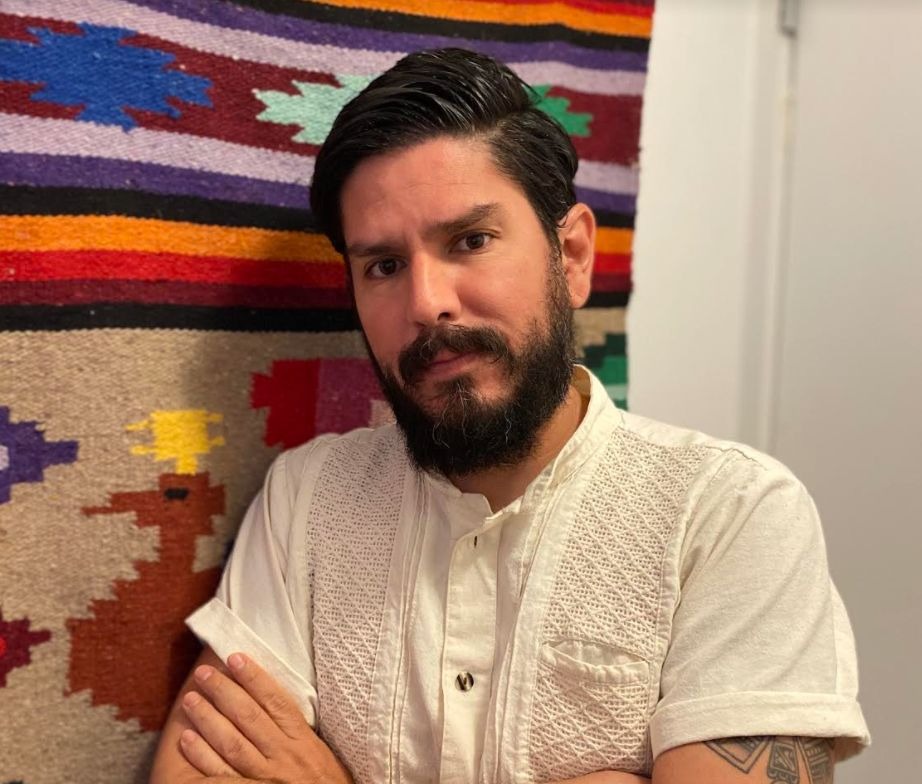Migrants in El Paso face uncertainty after Supreme Court allows Title 42 to remain in effect amid legal challenges
By Leyla Santiago, Rosa Flores and Elizabeth Wolfe, CNN
The future for migrants waiting in El Paso, Texas, after crossing the US-Mexico border remains uncertain following the Supreme Court’s Wednesday decision that allows federal officials to continue expelling migrants before they have received an asylum hearing.
“We were hoping for something else,” said Rosanni Rodríguez, a Venezuelan migrant, when told of the court decision.
Rodriguez huddled with her two children on a chilly El Paso sidewalk on Tuesday, wearing a jacket provided by a local church. She and her children attempted to cross into the US once already, but were sent back to Mexico, where they were robbed and picked up by immigration officials as they slept on the ground of a city plaza, she said.Rodríguez is among the tens of thousands of migrants who have surged to the southern border despite the uncertain future of Title 42, a Trump-era policy which allows US authorities to swiftly return most migrants back across the border.
The controversial order was set to end December 21 but remains in legal limbo after the Supreme Court issued an order Wednesday allowing the policy to remain in effect while legal challenges play out – a process that could stretch out for at least several months.
“They won’t give us the opportunity to be able to cross legally,” said Rodríguez. “That’s what we wanted – to be able to cross legally – but you can’t.”
Several Republican-led states urged the Supreme Court to step in and block a lower court’s decision to terminate the policy. In addition to placing the order’s termination on hold, the court said it would take up the state’s appeal in its upcoming term, which begins in February.
Title 42 was put in place by the Center for Disease Control in the early days of the coronavirus pandemic. Officials at the time argued the public health order was intended to curb the spread of Covid-19, but immigration advocates argue the policy is being used to effectively halt immigration at the US-Mexico border.
Dylan Corbett, the executive director of Hope Border Institute that assists with running some of El Paso’s shelters, warned Tuesday that he expects the Supreme Court decision “will extend the bottleneck at the border, create unsustainable pressure on border enforcement and lead to more deaths.”











